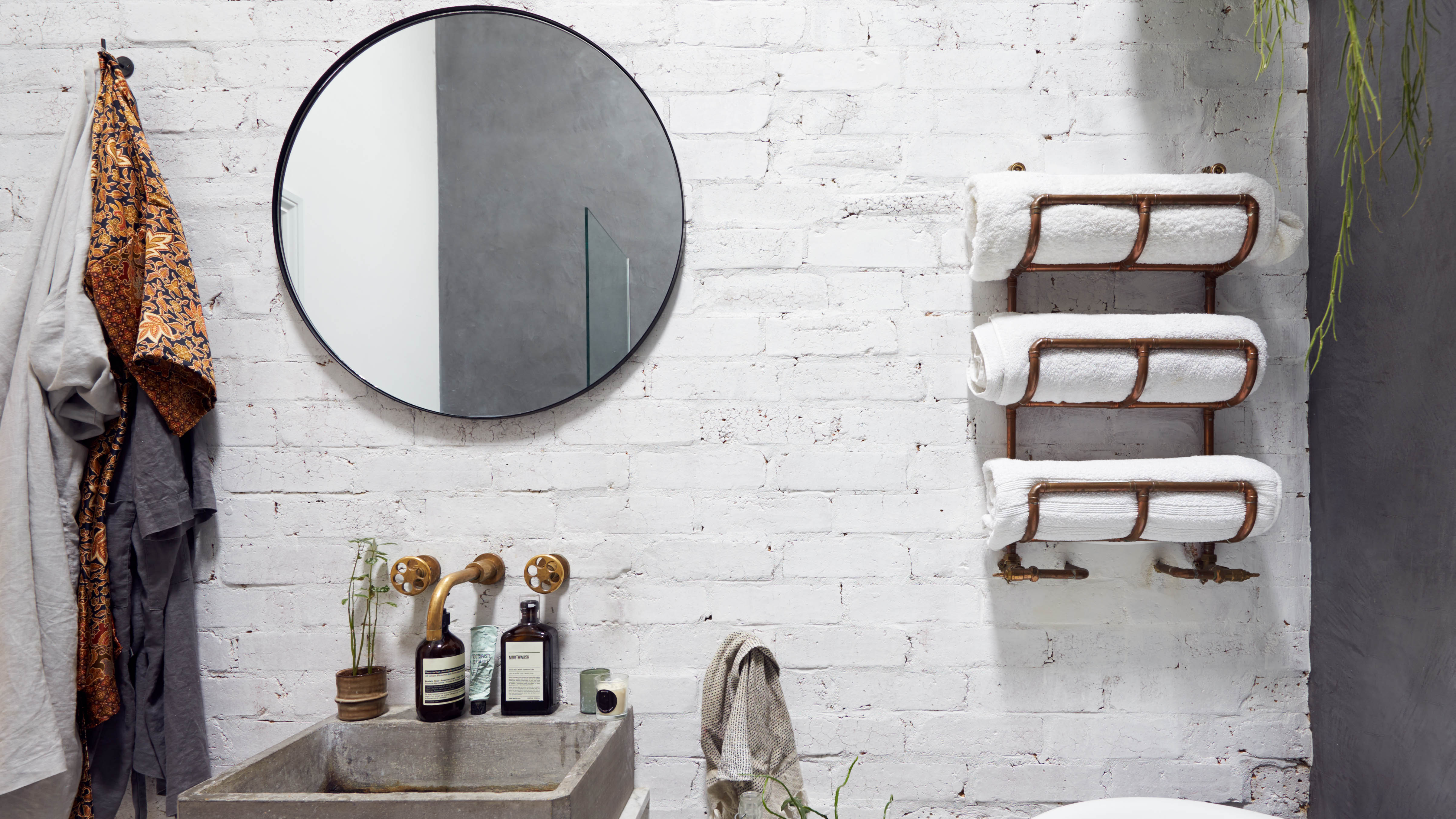7 plants that keep mice and rats from invading your home
Get rid of mice and rats with the help of these common plants

It's always a worry if you've spotted a mouse indoors or a rat in the backyard. And learning how to get rid of mice or how to get rid of rats can be a challenging and often expensive task at the best of times. Besides various, humane ways of trapping rodents, there is a more simple, hassle-free solution to your pest control woes: plants!
Surprisingly, there are specific plants, known for their fragrant properties, that keep rats and mice away. While these favorite plants and herbs will smell fresh for use, these are actually offensive to rodents. This is because they have a very strong sense of smell, much stronger than what humans have. What’s more, these natural repellents are non-toxic, inexpensive and safe to use (unlike some traps), which is ideal for using around children or pets.
Not only do rodents cause damage to your property and garden, but they carry a host of diseases that can put your family's health at risk. That’s why it’s so important to pest-proof your home and backyard.
So, if you’re looking for alternative, natural repellents, try one of these plants that will keep rats and mice from invading your home.
1.Garlic and onions
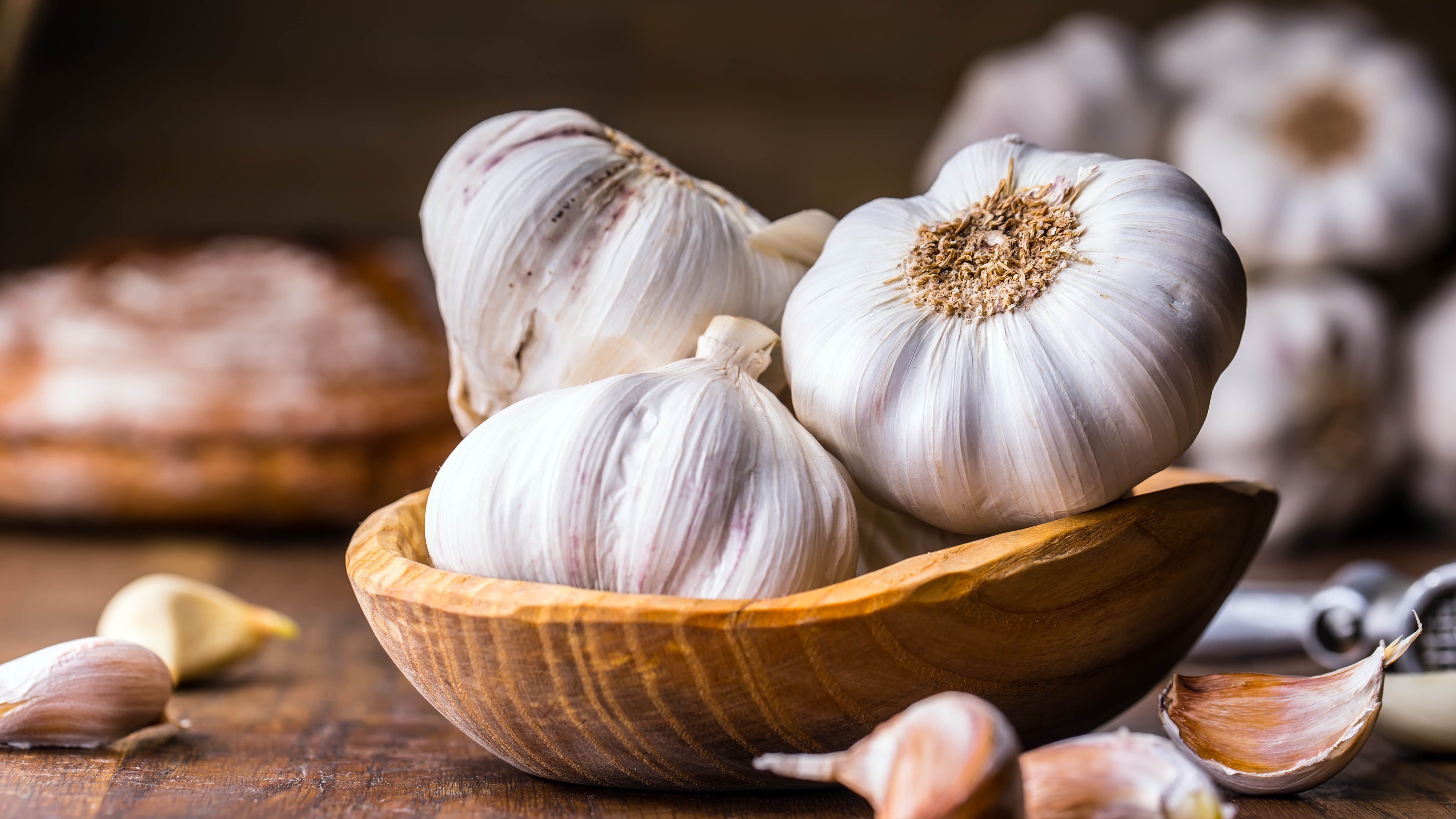
We all have garlic and onions in our homes, and such smells are repulsive to mice and rats. In particular, garlic has a number of sulphur compounds that emit a pungent scent which rats hate. Similarly, a cut, raw onion emits a powerful smell that can irritate the eyes of mice and rats, sending them far away. And if ingested, this can cause instant anaemic symptoms in rats, depriving their cells of oxygen. In any case, place a few onion slices around the home to keep them at bay.
In addition, you can learn how to grow garlic from cloves in your backyard or in pots. If you don’t have a backyard or the time to grow however, you can make an easy garlic repellent. Simply take four or five cloves to make a puree, and add that to a pint of water in a spray bottle. Then, spray your solution around any areas where mice/rats are commonly spotted, or potential entryways. It might make your home smell of garlic, but it’s a small price to pay for preventing pests!
2.Lavender
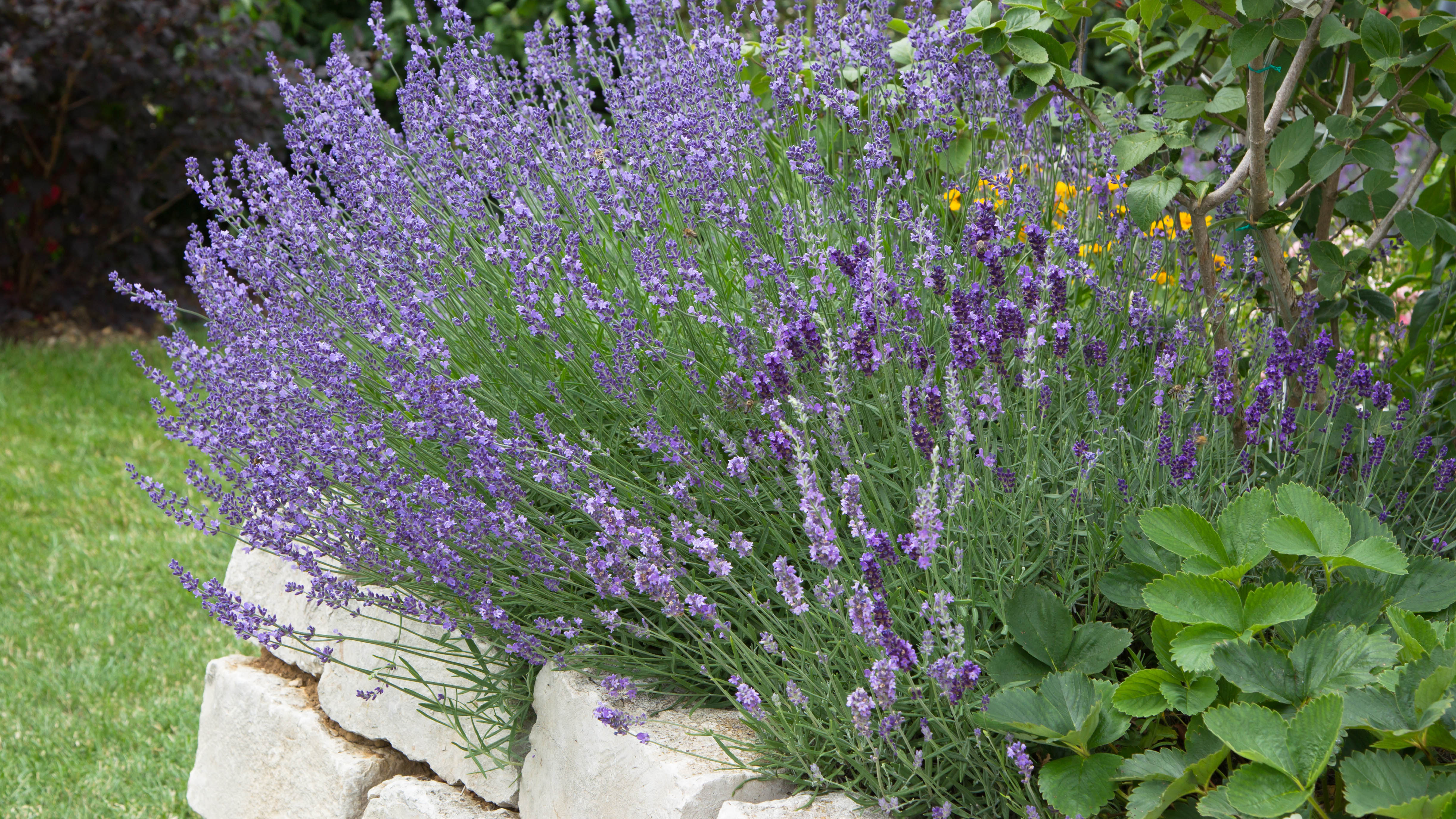
This pretty, purple plant is known for its fresh scent that fills the air. But while the lingering scent is pleasant for our homes, it’s also repulsive to mice and rats. For that reason, try growing lavender in your backyard, or you could sprinkle a few stalks around the base of existing plants.
Alternatively, you could fill little sachets with dried lavender, and place them in the spots/crevices where rodents are likely to invade your home. Or you can opt for spraying lavender essential oils around the home. The powerful, aromatic smell should keep mice and rats at bay.
3. Daffodils

Although these popular spring blooms carry a pleasant, floral scent, they are repugnant to mice and rats. Daffodil bulbs can be planted around outdoor plants that attract rodents, or place the fragrant flowers around the home.
What’s more, the whole plant is poisonous if ingested, as it contains Lycorine and other alkaloids — especially the bulb. This could result in diarrhea, vomiting and salvation for small animals. So if you have pets indoors, keep these far away, much like these flowers that you shouldn’t buy if you have a cat or dog.
4. Chrysanthemums

Similarly, chrysanthemums are another colorful plant that emits a potent smell for mice and rats. The blooms contain a special combination of insecticidal compounds that can be toxic too, and an effective repellent. As these are popular flowers, you can easily find these in your local gardening store, and either place outdoors or inside your home.
Again, chrysanthemums are known to be toxic to both cats and dogs. Nibbling on one of these can cause some pretty serious symptoms such as diarrhea, vomiting, excessive drooling,and more, so keep pets away!
5. Sage
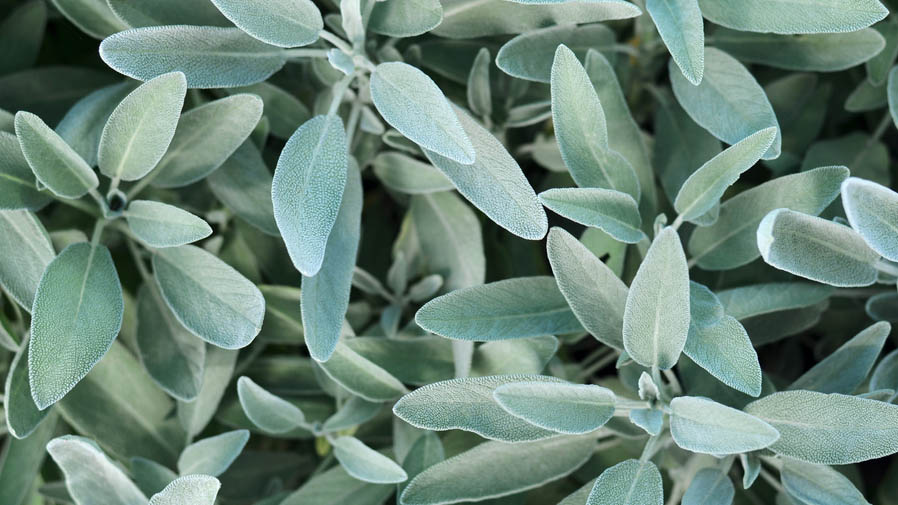
This fragrant herb commonly used in our pasta dishes, also makes a great pest repellent. Rats in particular hate the smells of both the green and white sage varieties. Simply sprinkle herbs onto soil, around outdoor plants, entryway crevices or crack around the house. The pungent smells should be enough to repel mice and rats from entering.
You can either grow fresh sage in your backyard, in pots, or even buy from your local supermarket to leave outdoors. In any case, you’ll have a constant supply for your delicious meals! Other effective herbs with a strong smell include oregano, basil, thyme, black pepper and cayenne — which all can be found in your kitchen cupboards.
6. Mint

Similarly, rodents hate the fresh scents of the mint variety. Particularly peppermint and spearmint, as these tend to be the strongest. Consider growing these aromatic herbs in your backyard, or placing them in pots to deter mice and rats.
Alternatively, you can soak cotton balls in peppermint essential oils before placing them around the trouble spots or areas around the home. Just remember to remove them and replace once the scent has faded. Or simply mix a solution of two teaspoons of peppermint oil to a cup of water into a spray bottle. Then, use the homemade solution to target the areas around the home and outdoors where you usually see rodents.
7. Lemongrass or citronella
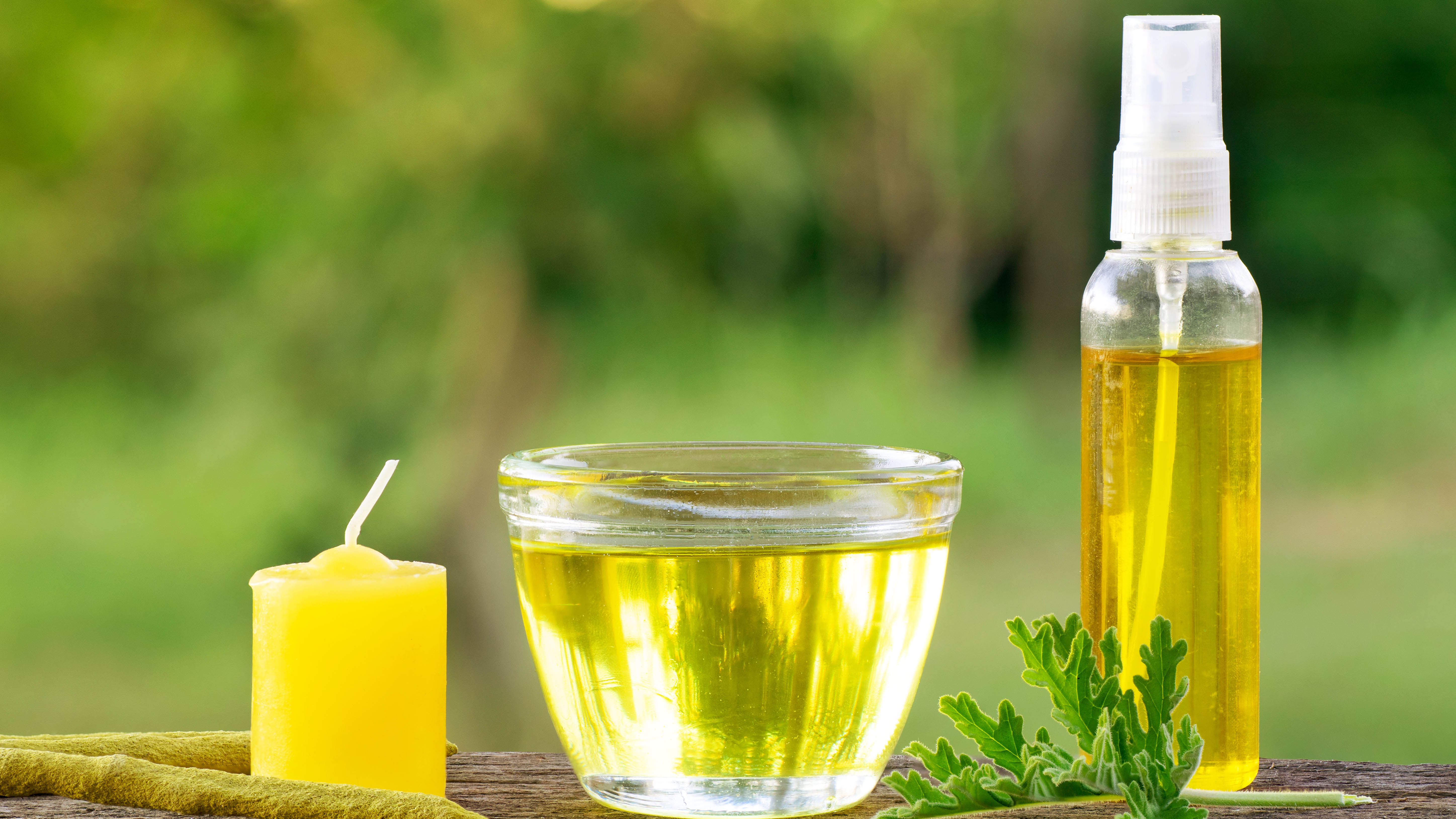
Lemongrass is a tropical, grass-like plant known for its fresh, citrus scent, that really doesn’t bode well with mice and rats. Ideally, grow or place lemongrass plants outdoors to ward off any pests. Similarly, rodents hate the lemon-like smell of citronella, which you can easily use around your home.
If you can’t plant lemongrass plants in your backyard, you can buy citronella candles or spray their essential oils. In addition, if you mix lemongrass extract oil with other essential oils, this will be even more potent for rodents. In fact, lemongrass and citronella are the most effective forms of repellents, also known for getting rid of mosquitos, and other common pests.
How do you know when you have a pest problem
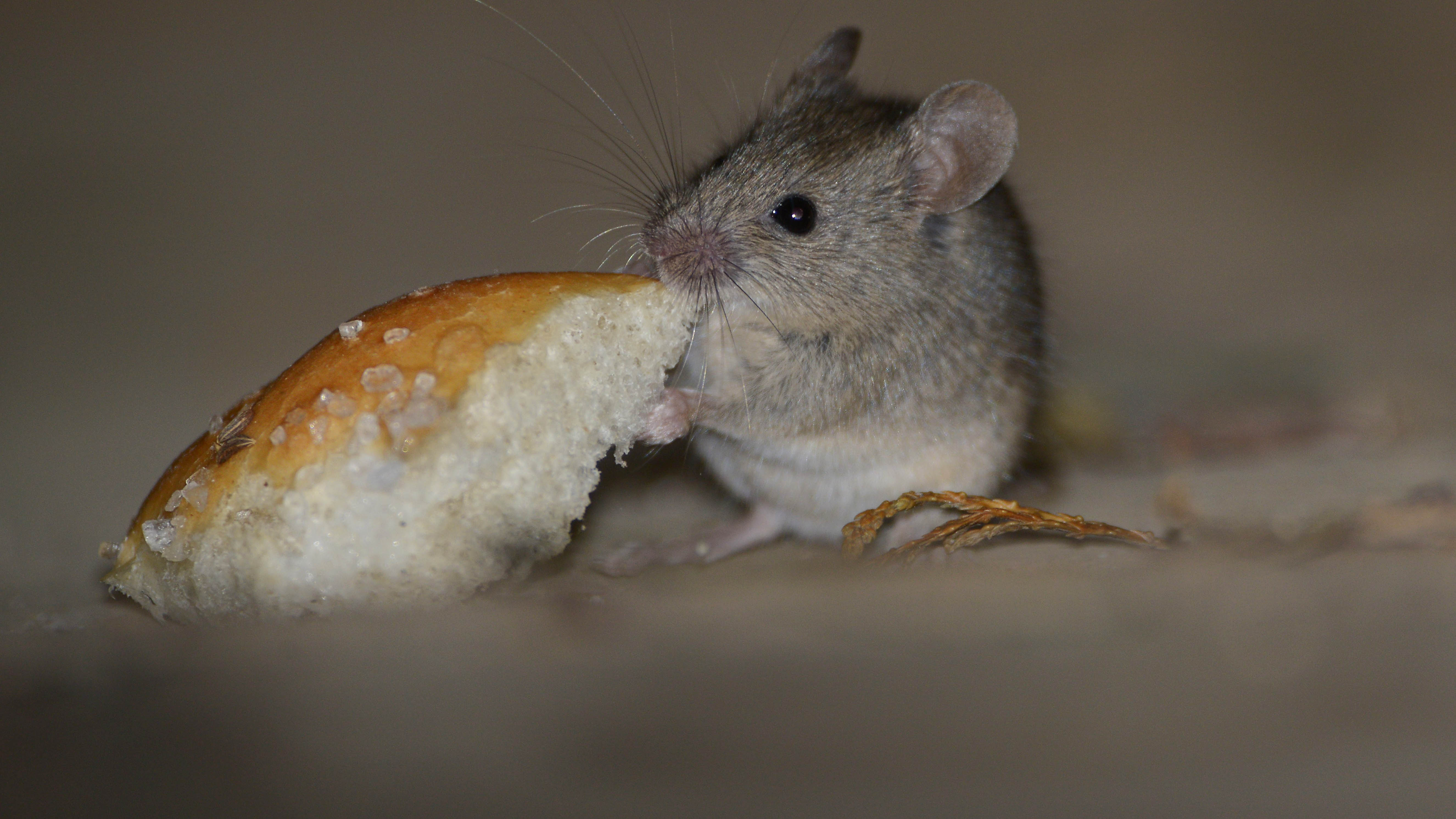
Typical signs to look out for include rodent droppings, stale odors, holes chewed through walls and floors, chewing on food packaging or outdoor plants, and nesting material such as shredded paper, fabric, or dried plant matter — often used as shelter.
What is the most common time of the year for rodents?
Although rats and mice can be spotted all year round, rodents are more active during winter. This is especially the case when the temperature starts to drop, and they're desperate to find a warm home and food. “Mice in particular are very sensitive to the drop in temperature and are adventurous and exploratory," states Blair Calder, CEO & Founder of Automatic Trap Company in California. "You’ll be surprised at the places they will discover such as your electrical boxes, inside your car engines and air vents, or in stored wicker furniture.”
Other tips for mouse prevention
In addition to plants, preventative measure are key and you want to discourage mice from returning. The key things such pests are seeking are food, warmth and shelter — so it’s important to eliminate these sources wherever possible.
Get instant access to breaking news, the hottest reviews, great deals and helpful tips.
Inspect your home for any holes or gaps that mice can squeeze through, and completely seal entry points. You can block points of entry by sealing any small holes in your foundation, siding, and doorway with caulk or weather-stripping such as Foam Insulation Tape, Weather Stripping Door Seal Strip ($13, Amazon), as a barrier.
Remove any food or water sources, and keep your kitchen countertops and floors clean (and crumb-free) at all times. In addition, cover up any outdoor garbage or compost bins, and remove nesting materials such as wood, cardboard boxes and newspaper.
Of course, if nothing else works, it’s always best to call in your local pest control services for professional help.
More from Tom's Guide
- 7 ant-repellent plants to keep your home pest-free
- How to get rid of squirrels without hurting them
- 7 plants to create more privacy in your backyard

As the Homes Content Editor, Cynthia Lawrence covers all things homes, interior decorating, and garden-related. She has a wealth of editorial experience testing the latest, ‘must-have’ home appliances, writing buying guides and the handy ‘how to’ features.
Her work has been published in various titles including, T3, Top Ten Reviews, Ideal Home, Real Homes, Livingetc. and House Beautiful, amongst many.
With a rather unhealthy obsession for all things homes and interiors, she also has an interior design blog for style inspiration and savvy storage solutions (get rid of that clutter!). When she’s not testing cool products, she’ll be searching online for more decor ideas to spruce up her family home or looking for a great bargain!
 Club Benefits
Club Benefits





